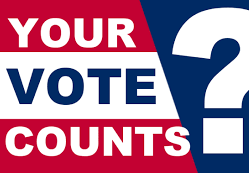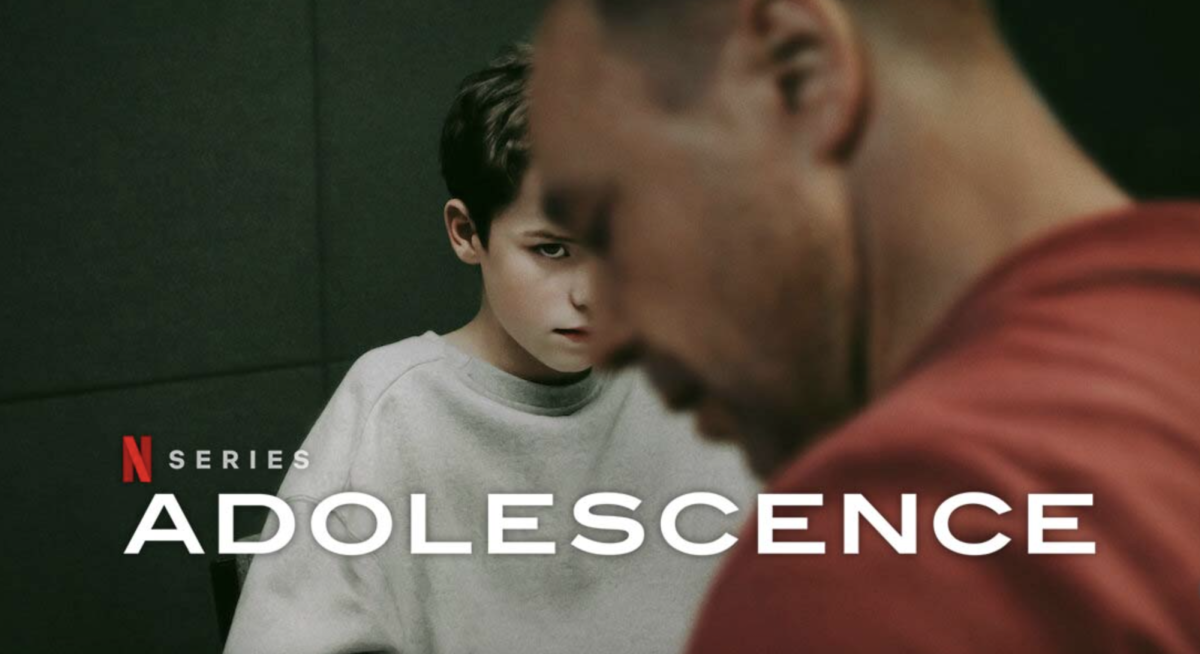Let me start right off by apologizing to those that are sick and tired of American politics. I know that having actual news fill the papers is a breath of fresh air from the year-long election race that was filled to the brim with questionable acts and statements from both sides. Please forgive me, but I think that this is far too important to ignore. The results of this election exposed a nasty underside to the process that elects the president: the electoral college.
For those of you who are far too smart to get involved in the mess that is American politics, the reality is  that the American people do not really elect their president. A mechanism called the electoral college holds this power. It is a process whereby, to put it simply, citizens from each state “vote” for the votes of special electors from their state.
that the American people do not really elect their president. A mechanism called the electoral college holds this power. It is a process whereby, to put it simply, citizens from each state “vote” for the votes of special electors from their state.
The amount of these electors are allocated based on the state’s population. For example, in the 2016 election, more people voted for Hillary Clinton than Donald Trump in California. Thus, the 55 electors of California are expected to vote for her in the more or less “real” election where all 538 electors cast their vote.
“What is wrong with this,” you ask? Well, the thing is that, due to the way the electoral college is structured, winning more votes than your opponent does not necessarily mean you win the presidency. This happened during the recent 2016 election, in which Hillary Clinton won more votes than Donald Trump but still lost the bid for the presidency. At this time of writing, she leads with more than 2.5 million votes.
That is more than 2.5 million voices getting completely silenced and more than 2.5 million votes getting blindsided by the archaic system that is the electoral  college. The decision of the general public that voted was clear and undisputable: more people thought that Hillary Clinton would make a better president than her respective opponent.
college. The decision of the general public that voted was clear and undisputable: more people thought that Hillary Clinton would make a better president than her respective opponent.
Yet she still lost. Outcries to reform the electoral college following this revelation were met with equal resistance from the other side, who benefitted from this 200-year old untouched system of voting.
Many of those in favor of the electoral college argued that the founding fathers created the system to balance the interests of low-population and high-population states. No, they did not. They created the system back when whipping a black-skinned person was completely acceptable and did not warrant arrest. They created the system with slaves in mind.
The North was forced to cater to the needs of southern states since the latter argued that their 500,000 slaves would not be able to go out and vote. The electoral college was created to factor in slave populations. It was not created to balance interests.
 Furthermore, the way these electoral delegates are distributed throughout all 50 states are completely unproportional. When it comes to voting, you may be shocked to find that some votes in one state are worth much more than some votes in another. For example, as stated before, California has 55 electoral votes. With a population of 38 million people, each electoral vote corresponds to about 700,000 people. However, Wyoming has three electoral votes and only 530,000 citizens. This corresponds to about 170,000 people per electoral vote.
Furthermore, the way these electoral delegates are distributed throughout all 50 states are completely unproportional. When it comes to voting, you may be shocked to find that some votes in one state are worth much more than some votes in another. For example, as stated before, California has 55 electoral votes. With a population of 38 million people, each electoral vote corresponds to about 700,000 people. However, Wyoming has three electoral votes and only 530,000 citizens. This corresponds to about 170,000 people per electoral vote.
See the difference there? Just by living in California, the weight of your vote is four times less than that of a vote in Wyoming. The discrepancy in the distribution of these electoral votes means that the Electoral college is in need of major changing. It is completely undemocratic to have your voice suppressed based on where you live.
In conclusion, the Electoral College is an obsolete system of voting. Gone are the days of slaves whereby they needed some form of representation in the government. It just does not sound right if you tell someone, “Hey more people supported this person but that person lost anyways.” The results from the election shows that the Electoral College is completely unfair; a process that claims to be democratic but in reality is anything but.
Poon Singhatiraj





